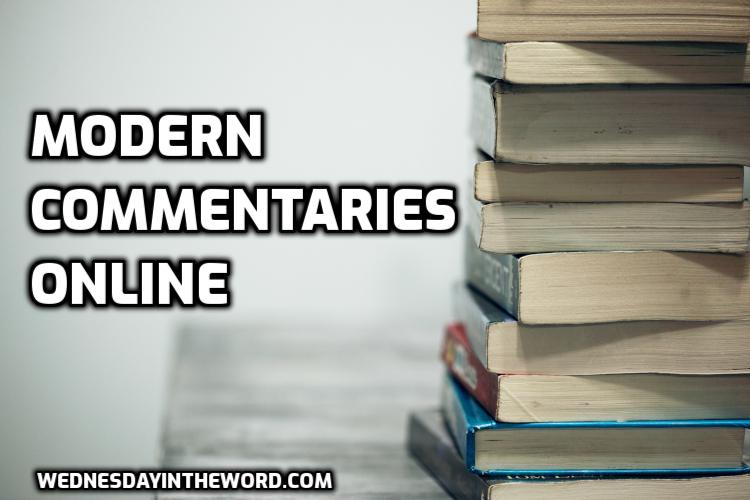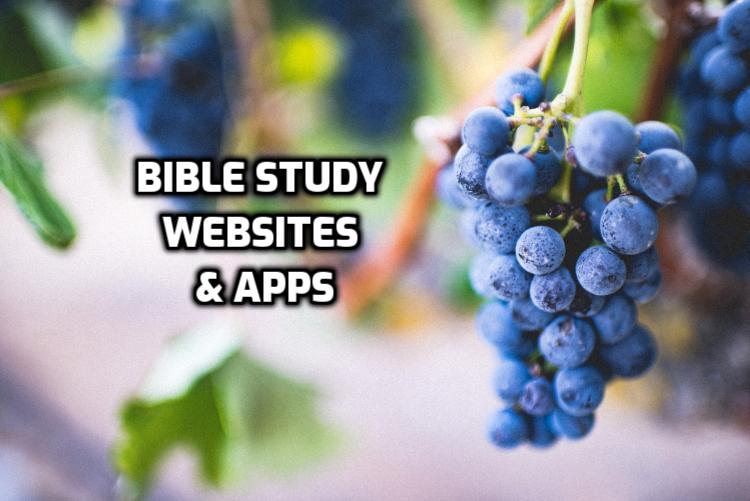Bible Study 101: Tools
Bible Study 101: Tools – The basic tools needed for Bible study collected and explained on Wednesday in the Word.
Bible Study 101: Tools
Dictionaries & Lexicons Online
After gathering an idea of the word’s meaning from your own study, it’s a good time to check the conclusions of other scholars and reference works. Here are some free online places to look.

Modern Commentaries Online
You’re probably aware that many classic commentaries are free online, but did you know many modern commentaries (written after 1970) are also online?

Should I learn Greek & Hebrew?
After a few years of Bible study, students often begin asking, “Should I learn biblical Greek and Hebrew?” While the tools for English readers continue to improve and less people are learning the original languages, knowing the original languages can be helpful. You can learn enough to widen the tools available to you and/or learn to read Scripture in the original language.

Bible Study Websites & Apps
Online resources to help you study: maps, charts, outlines, key words, etc. On this one page, you’ll find links to websites and Bible study software.

Classic Commentaries Online
Many of the classic commentaries are free online, but how do you know which one(s) to use? And where do you find them? Here’s a quick list and explanation

Online Bible Encyclopedias
Multi-volume encyclopedias used to be too expensive for home use and were confined to those with access to a large library system. However, they are becoming more widely available on computer software and online.

Bible Study Tools #6: Commentaries
Commentaries can kick-start your thinking when you hit a dead end but should not be a substitute for your own work. Here’s my two rules of thumb.

Bible Study Tools #5: Multi-volume Encyclopedias
Multi-volume encyclopedias are good sources for historical and biblical themes. But background information does not impose meaning.
Bible Study Tools #4: Lexicons & Dictionaries
Lexicons & dictionaries can reveal what might be “lost in translation” but they also tempt us to fall into the trap of “I learned a fact about a word and I must use it.”

Bible Study Tools #3: Concordances
A concordance is an organized list of all the biblical texts which contain a given word. Concordances allow you to broaden your understanding of how a word is used and its range of meanings.

Bible Study Tools #2: Good maps
Bible Maps. Access to geographical information about the ancient near east will improve your Bible Study. Here’s where to find good maps.

Bible Study Tools #1: Translations
Translations of the Bible: Bibles fall on an interpretation scale. It will improve your study if you know the difference and have one of each type.
Top Banner Photo by Tamara Bellis on Unsplash
